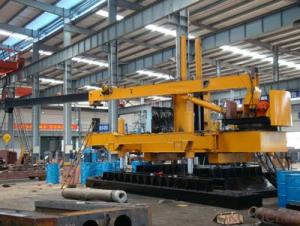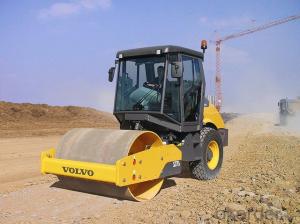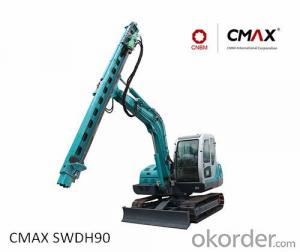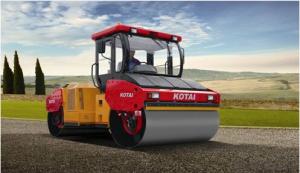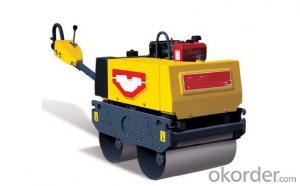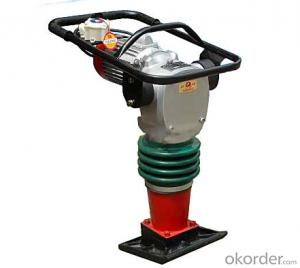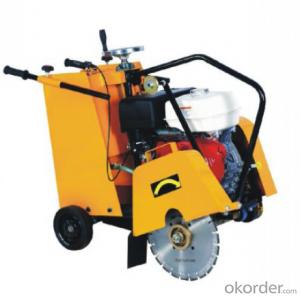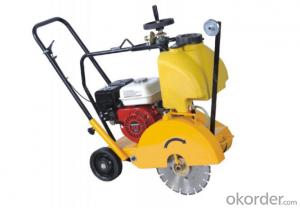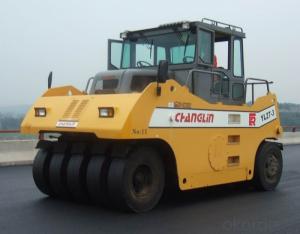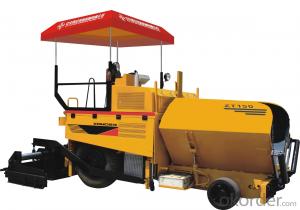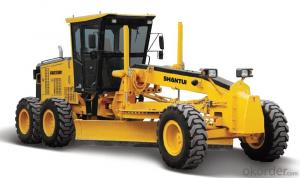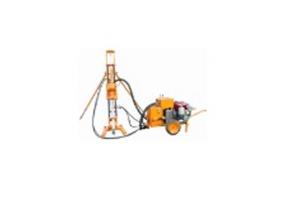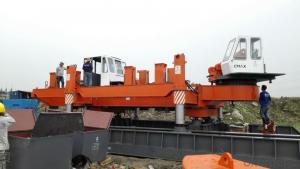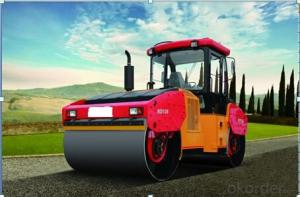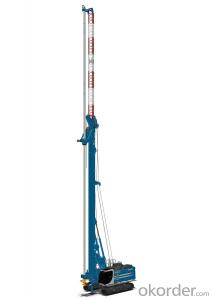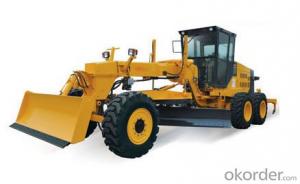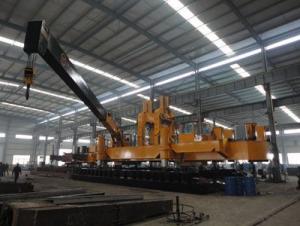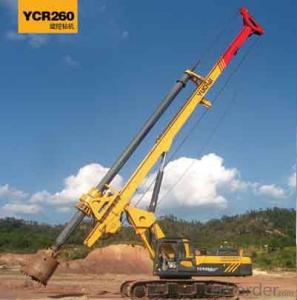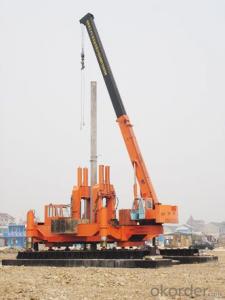All Categories
- - Steel Wire Rod
- - Steel Coils
- - Steel Profiles
- - Steel Pipes
- - Stainless Steel
- - Tinplate
- - Special Steel
- - Steel Sheets
- - Steel Rebars
- - Steel Strips
- - Hot Rolled Steel
- - Cold Rolled Steel
- - Pre-painted Steel
- - Seamless Steel Pipe
- - Welded Steel Pipe
- - Hollow Steel Tubes
- - Galvanized Pipe
- - Stainless Steel Coil
- - Stainless Steel Sheet
- - Stainless Steel Plate
- - Stainless Steel Strips
- - Electrolytic Tinplate Coil
- - Electrolytic Tinplate Sheet
- - Stainless Steel Rebars
- - Solar Panels
- - Solar Water Heater
- - Solar Related Products
- - Solar Inverter
- - Solar Cells
- - Solar Light
- - Solar Energy Systems
- - Solar Controllers
- - Solar Mounting System
- - Solar Pump
- - Solar Chargers
- - Fiberglass Chopped Strand
- - Fiberglass Mesh Cloth
- - Composite Pipes
- - FRP Pultrusion Profiles
- - Fiberglass Mat Tissue
- - Fiberglass Fabrics
- - Fiberglass Mesh
- - Composite Tank
- - Fiberglass Mesh tape
- - Polymer
- - FRP Roofing Panel
- - Fiberglass Roving
- - Monolithic Refractories
- - Ceramic Fiber Products
- - Refractory Bricks
- - Raw Materials For Refractory
- - Suspended Platform
- - Cranes
- - Concrete Machinery
- - Earthmoving Machinery
- - Building Hoist
- - Road Building Machinery
- - Plastic Pipe Fittings
- - Plastic Tubes
- - Plastic Sheets
- - Agricultural Plastic Products
- - Plastic Nets
 All Categories
All Categories
Q & A
How does a road compaction roller achieve desired density?
A road compaction roller achieves desired density by applying pressure and weight on the soil or asphalt surface, which helps to compress and compact the material. The roller's heavy drums or tires exert force on the surface, causing the particles to rearrange and become more tightly packed. This compaction process eliminates air voids and increases the density of the material, resulting in a stronger and more stable road surface.
How does a road construction arrow board guide traffic during road closures?
A road construction arrow board guides traffic during road closures by displaying directional arrows and other symbols to indicate detour routes and lane closures, ensuring that vehicles are directed safely and efficiently around the construction zone.
What are the different types of road crack filling machines?
There are several different types of road crack filling machines available, including hot pour melters, cold pour systems, and infrared heaters. Hot pour melters use heated asphalt or rubberized materials to fill cracks, while cold pour systems utilize pre-mixed sealants that do not require heating. Infrared heaters, on the other hand, use heat to soften the existing asphalt, allowing for quick and efficient crack repair. Each type of machine has its own advantages and is suitable for different types and sizes of cracks.
How does road building machinery handle road surface friction coefficient testing?
Road building machinery typically handles road surface friction coefficient testing by using specialized equipment called friction testers. These testers are usually mounted on the machinery and use sensors or measuring devices to determine the friction between the road surface and the tires of the machinery. This information is then used to assess the safety and performance of the road surface, ensuring that it meets the required standards for adequate friction and skid resistance.
How is a road planer different from a road milling machine?
A road planer and a road milling machine are essentially the same equipment but referred to differently based on regional terminology. Both machines are used for removing the upper layer of asphalt or concrete from roads, but the term road planer is commonly used in the UK, while road milling machine is more commonly used in North America. So, in terms of functionality and purpose, they are essentially the same machine with different names.
Wholesale Road Building Machinery from supplier in Benin
Whether you are a government agency, a construction company, or an individual contractor, we are here to meet your Road Building Machinery needs. Our team of experts is ready to assist you in selecting the right equipment, providing technical support, and ensuring timely delivery.
In addition to our sales and support services, we also offer training programs for operators and maintenance personnel. We believe that proper training is crucial for maximizing the efficiency and lifespan of your Road Building Machinery. Our training programs are designed to equip your team with the necessary skills and knowledge to operate and maintain the equipment effectively.
At CNBM Benin, we are committed to sustainable development and environmental protection. Our Road Building Machinery is designed to minimize emissions and reduce energy consumption, helping you achieve your sustainability goals. We also offer eco-friendly options such as recycled asphalt and environmentally friendly additives.
No matter the scale or complexity of your road construction project, we have the expertise and resources to meet your needs. Contact us today to discuss your requirements and let us provide you with the best Road Building Machinery solutions in Benin.
In addition to our sales and support services, we also offer training programs for operators and maintenance personnel. We believe that proper training is crucial for maximizing the efficiency and lifespan of your Road Building Machinery. Our training programs are designed to equip your team with the necessary skills and knowledge to operate and maintain the equipment effectively.
At CNBM Benin, we are committed to sustainable development and environmental protection. Our Road Building Machinery is designed to minimize emissions and reduce energy consumption, helping you achieve your sustainability goals. We also offer eco-friendly options such as recycled asphalt and environmentally friendly additives.
No matter the scale or complexity of your road construction project, we have the expertise and resources to meet your needs. Contact us today to discuss your requirements and let us provide you with the best Road Building Machinery solutions in Benin.
